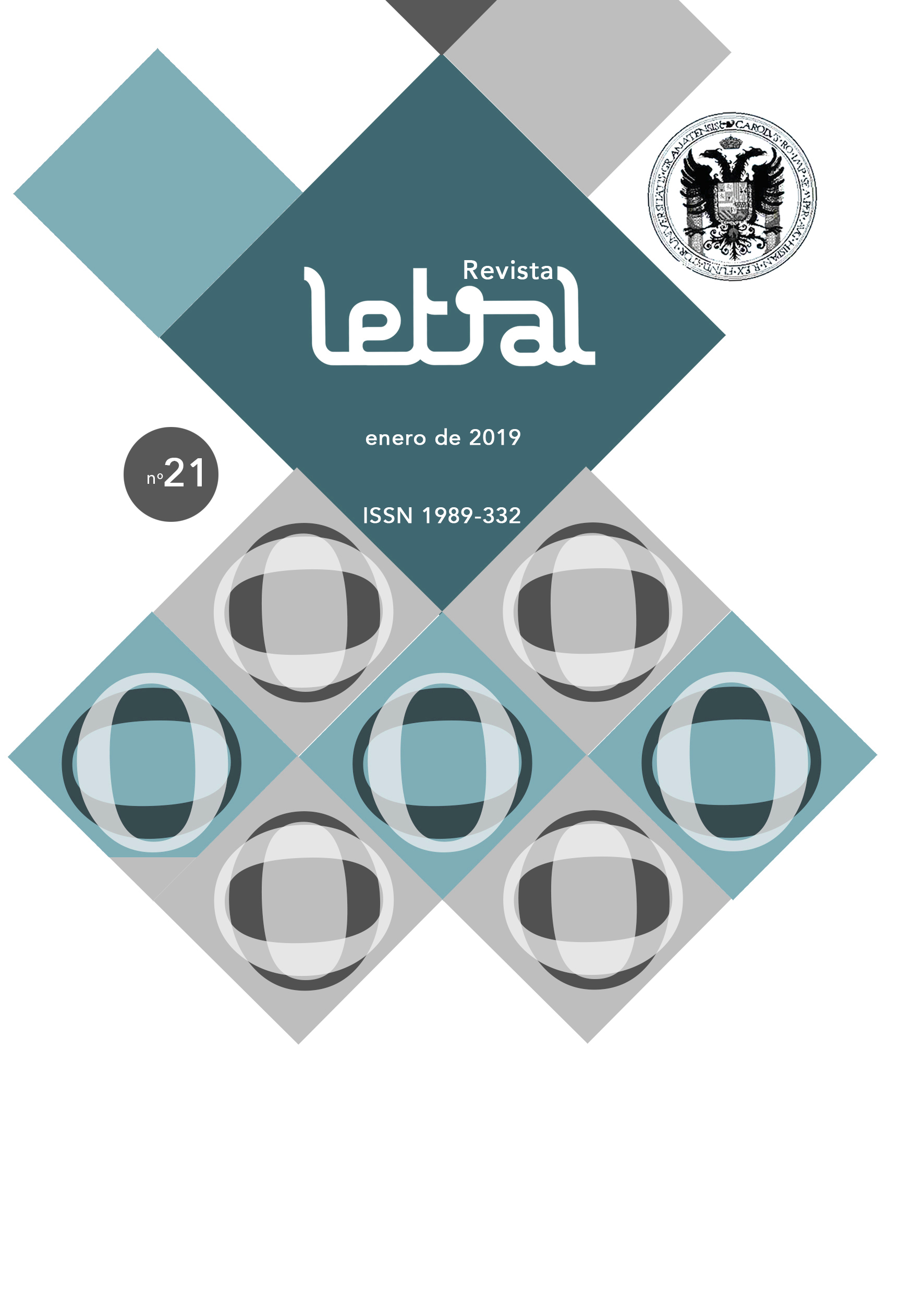What Men Not Know. La Dame aux Camélias and the Opacity of Affective Spaces
DOI:
https://doi.org/10.30827/rl.v0i21.8598Keywords:
Agency, social epistemology, literature, philosophyAbstract
Affective spaces are constituted by emotional as wells as by epistemic relationships. La Dame aux Camélias by Alexandre Dumas, and its opera version, La Traviata, show how the play between knowledge and ignorance with respect to other, particularly to the feminine character, is central in the formation of subjects. Despite the cultural distance, the specific case of this narrative typifies properly the way in which identities are built on systemic ignorances.
Downloads
References
Illouz, Eva. Por qué duele el amor. Clave Intelectual, Madrid, 2012.
Nussbaum, Martha. El conocimiento del amor. Ensayos sobre filosofía y literatura. Antonio Machado Libros, Madrid, 2016, original: Love’s Knowledge, Oxford University Press, Oxford, 1990.
Dumas, Alexandre. La dama de las camelias, edición digital. Madrid, Anaya, 2012.
Cavell, Stanley. The Claim of Reason. Scepticism, Morality and Tragedy. Oxford University Press, Oxford, 1979.
Downloads
Published
How to Cite
Issue
Section
License
Revista Letral is an open access journal under a Creative Commons Atribución-NoComercial 4.0 license.
The works published in this journal may be reused, distributed and publicly presented for non-commercial purposes, provided that: cite the authorship and the original source of the publication (journal, publisher and URL of the work).
We strongly recommended you to share our published articles in social and scientific networks, institutional and public repositories, personal or institutional websites, blogs, Google Scholar, ORCID, ResearchID, ScopusID, etc.
The journal allow the author(s) to hold the copyright and to retain publishing rights without restrictions.
We are completely free, both for readers and authors.














